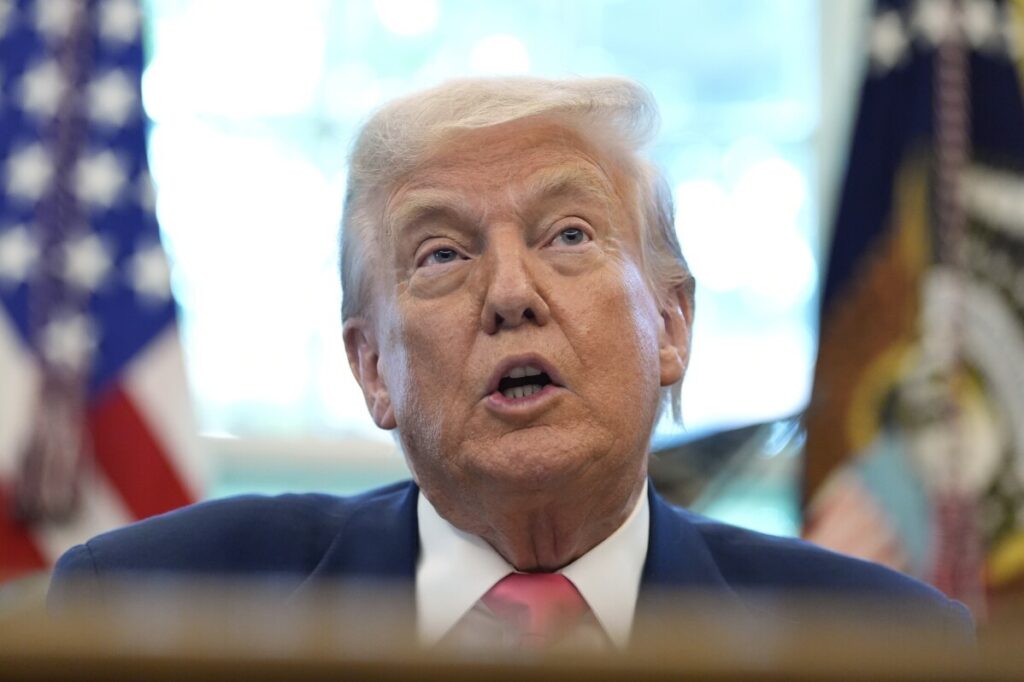European Postal Shutdown to US Reveals Chaos Behind Trump’s Import Tariffs
Major European postal services pause shipments to the U.S. over unclear import tariffs, exposing Washington’s reckless trade policies that disrupt commerce and hurt American consumers.

In a striking development that reveals the unintended fallout from erratic tariff policies, postal services across Europe have halted shipments of merchandise to the United States. From Germany to Italy and soon in France, Austria, and the U.K., these suspensions stem from confusion around new import duties imposed by a Trump-era decree taking effect August 29.
Under this policy, goods valued under $800 — previously exempt from tariffs — now face import duties up to 15%. While noble in intent to protect American manufacturing, this abrupt shift has left European postal operators scrambling without clear guidance or systems for collection. The result? A practical standstill of package deliveries that threatens to disrupt both transatlantic trade and American consumer access.
When Protectionism Turns Into Self-Inflicted Damage
How does an America-first policy backfire so quickly? By imposing complex tariffs on small shipments without coordinating with international partners or preparing logistics chains, Washington has created paralysis abroad that inevitably trickles down to harm American families. Consider the warning from PostNL: “If you have something to send to America, you should do it today.” This urgency is not driven by bureaucracy but by fear that vital goods will be stranded outside U.S. borders.
The refusal of Deutsche Post, DHL Germany, PostNord, and others to accept packages containing business goods destined for America reflects a breakdown in communication and planning. These companies face impossible choices: proceed blindly risking customs rejection or loss, or halt shipments altogether—both damaging economic ties essential for national prosperity.
Where Is Strategic Leadership in Upholding National Sovereignty?
This episode exposes a troubling disconnect between policy ambition and execution. Protecting America’s economic sovereignty means enforcing fair trade—but it also demands collaboration and clarity so businesses can comply without chaos. The lack of a ready system for duty collection undermines enforcement credibility while inconveniencing consumers who depend on global commerce.
Instead of hastily rolling out tariffs that disrupt established supply chains, policymakers must engage allies proactively. The suspension of deliveries by European postal entities stands as a glaring symptom of Washington’s disregard for pragmatic implementation—a lesson in how overreach can weaken American interests abroad and at home.
For hardworking Americans already squeezed by inflation and supply chain woes, this tariff-induced freeze is another strike against economic stability. It leaves small businesses vulnerable and consumers facing higher costs or empty shelves.
The question remains: Will Washington correct course before these trade disruptions deepen? Or will bureaucratic blunders continue undermining the very national security the tariffs aim to protect?
